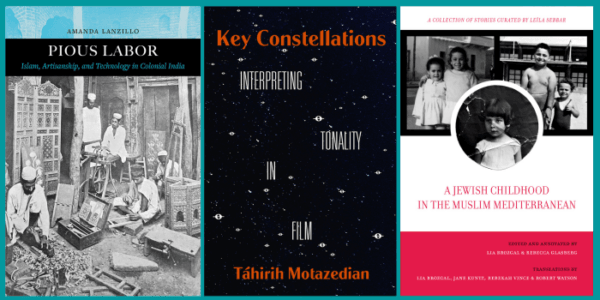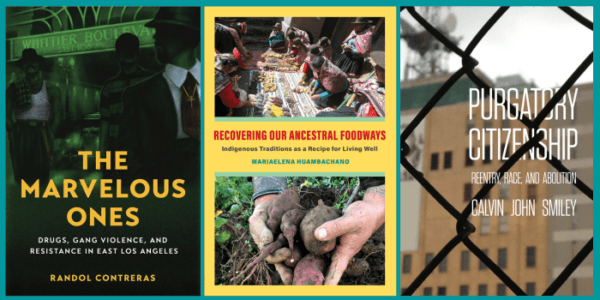About the Book
A free ebook version of this title is available through Luminos, University of California Press’s Open Access publishing program. Visit www.luminosoa.org to learn more.
In the late nineteenth and early twentieth centuries, working-class people across northern India found themselves negotiating rapid industrial change, emerging technologies, and class hierarchies. In response to these changes, Indian Muslim artisans began publicly asserting the deep relation between their religion and their labor, using the increasingly accessible popular press to redefine Islamic traditions “from below.” Centering the stories and experiences of metalsmiths, stonemasons, tailors, press workers, and carpenters, Pious Labor examines colonial-era social and technological changes through the perspectives of the workers themselves. As Amanda Lanzillo shows, the colonial marginalization of these artisans is intimately linked with the continued exclusion of laboring voices today. By drawing on previously unstudied Urdu-language technical manuals and community histories, Lanzillo highlights not only the materiality of artisanal production but also the cultural agency of artisanal producers, filling in a major gap in South Asian history.
In the late nineteenth and early twentieth centuries, working-class people across northern India found themselves negotiating rapid industrial change, emerging technologies, and class hierarchies. In response to these changes, Indian Muslim artisans began publicly asserting the deep relation between their religion and their labor, using the increasingly accessible popular press to redefine Islamic traditions “from below.” Centering the stories and experiences of metalsmiths, stonemasons, tailors, press workers, and carpenters, Pious Labor examines colonial-era social and technological changes through the perspectives of the workers themselves. As Amanda Lanzillo shows, the colonial marginalization of these artisans is intimately linked with the continued exclusion of laboring voices today. By drawing on previously unstudied Urdu-language technical manuals and community histories, Lanzillo highlights not only the materiality of artisanal production but also the cultural agency of artisanal producers, filling in a major gap in South Asian history.



